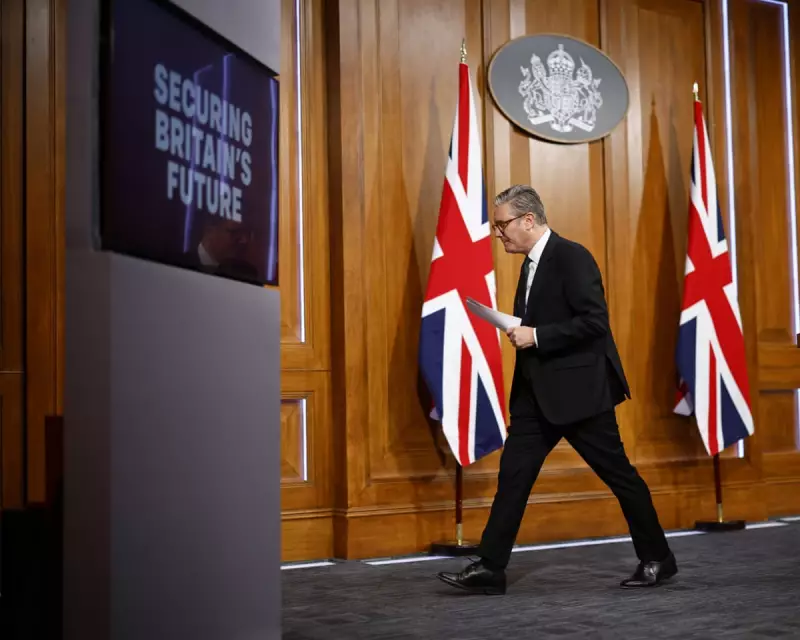
In a dramatic move that could reshape British politics for generations, Prime Minister Keir Starmer's Labour government has launched an ambitious programme of constitutional reform that targets the very foundations of the UK's political establishment.
The End of the Lords?
At the heart of Starmer's radical agenda lies the controversial proposal to abolish the centuries-old House of Lords. The government plans to replace the unelected upper chamber with a new democratic assembly, fundamentally altering the balance of power in Westminster.
Electoral Overhaul and Power Shift
The reforms extend far beyond the Lords. Starmer's blueprint includes:
- Complete overhaul of the UK's voting system
- Massive devolution of powers from Whitehall to local regions
- Strengthening of local government authority
- Comprehensive review of parliamentary procedures
Farage Sounds the Alarm
The proposals have drawn fierce criticism from Reform UK leader Nigel Farage, who has positioned himself as the voice of opposition against what he calls "Starmer's power grab." Farage warns that these changes could permanently alter Britain's constitutional framework without proper public consent.
"This isn't reform—it's revolution by stealth," Farage declared, mobilising his supporters against the government's agenda.
Constitutional Crossroads
Starmer's team argues that these changes are necessary to modernise Britain's creaking political system and make it more representative. However, critics question whether such fundamental alterations should proceed without broader consensus or referendum approval.
The battle lines are drawn, setting the stage for one of the most significant constitutional debates in modern British history. As Starmer pushes forward with his reform agenda, the nation watches closely, aware that the outcome could redefine British democracy itself.





